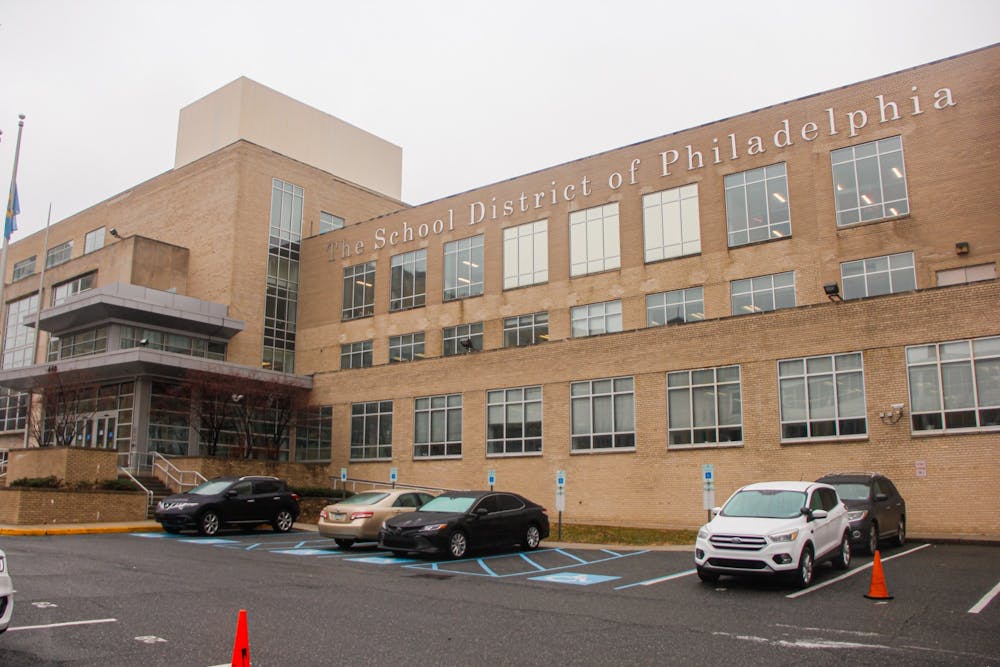The Pennsylvania Public Interest Research Group recently found an unsafe amount of lead (determined by scientists to be any amount over 1 part per billion) in the water of 98% of tested Philadelphia public schools. Approximately 61% of total outlets, including bathroom sinks, kitchen faucets, and water fountains, were discovered to be contaminated at this level, and some schools, like the Tanner Duckrey School in North Central Philadelphia, showed extremely high concentrations at 8,768 parts per billion.
As a student studying psychology at Temple University and a research assistant at the Social Developmental and Social and Affective Neuroscience Labs, I frequently study many of the key elements of brain development and function affected by lead exposure. Lead is a neurotoxin that can not only lead to organ damage and other irreversible health complications, but can also decrease IQ and increase the risk of developing learning disabilities and cognitive/behavioral problems in children.
A study from the National Institutes of Health and the National Center for Biotechnology Information states that exposure to lead can lead to difficulties in memory, attention, language development, visuospatial and motor skills, and many other debilitating neuropsychological effects. The study also shows that lead poisoning is positively correlated with changes in mood, such as anxiety, phobias, depression, and antisocial behavior.
Moreover, the NIH states that the outcome of rehabilitation is dependent on the level of exposure, meaning that a child may never recover from lead-based cognitive difficulties if the concentration is high enough. It is absolutely devastating to think that the work done by the scientific community to improve these children’s mental health could be drastically set back by the water they drink in spaces that are supposed to be safe and educational.
Fortunately, we don't have to wait around for a cure for lead poisoning — we already have the tools we need to eliminate contamination at its source. Bill 220221, sponsored by Philadelphia City Councilmember Helen Gym, offers a quick and practical solution: For under 1% of the city’s $1.1 billion stimulus fund, we can successfully protect the health of our children and future generations to come by replacing contaminated water fountains with hydration stations. These stations are equipped with an advanced filtration system that removes lead and other toxins from its water, a water bottle filling spout, and a hands-free sensor for easy use.
This bill not only prevents kids from consuming unsafe amounts of lead, but can also reduce touched surface areas and prevent the spread of COVID-19, decrease the number of disposable water bottles used, and increase access to water throughout the school day by ensuring school buildings have at least one hydration station per 100 students.
However, as stated in a report from PennEnvironment, a statewide environmental nonprofit, this is just the “tip of the iceberg” in the fight against lead poisoning. Although Bill 220221 requires the replacement of drinking fountains, there is still a risk of lead exposure from school lunches made with water from contaminated kitchen faucets and even absorption through the skin from bathroom sinks. The Philly Healthy Schools Initiative also states that all Philadelphia public schools built before 1978 — thought to be at least 200 schools — remain painted with lead-based products, which this bill would not resolve.
I thank members of the Philadelphia City Council for unanimously passing Bill 220221 and ensuring that the health and happiness of our community's children are protected from contaminated drinking fountains, as well as PennPIRG and PennEnvironment for their work on this issue. However, our fight for safe conditions for our students and teachers is far from over. I encourage all Philadelphia community members to get involved and stay active in this continuous struggle. Parents should stay informed about remaining contaminants like asbestos and mold, and all residents should continue to contact their school boards and local elected officials to ensure that these new requirements are being enforced. I look forward to working together to improve our schools for future generations of students.
ALEXIS BENDL is a rising junior at Temple University studying psychology. She is also a research assistant at the Social Developmental and Social and Affective Neuroscience Labs at Temple and is the head of the General Editing division of the undergraduate-run neuroscience journal “Grey Matters”. Her email is alexis.bendl@temple.edu.









